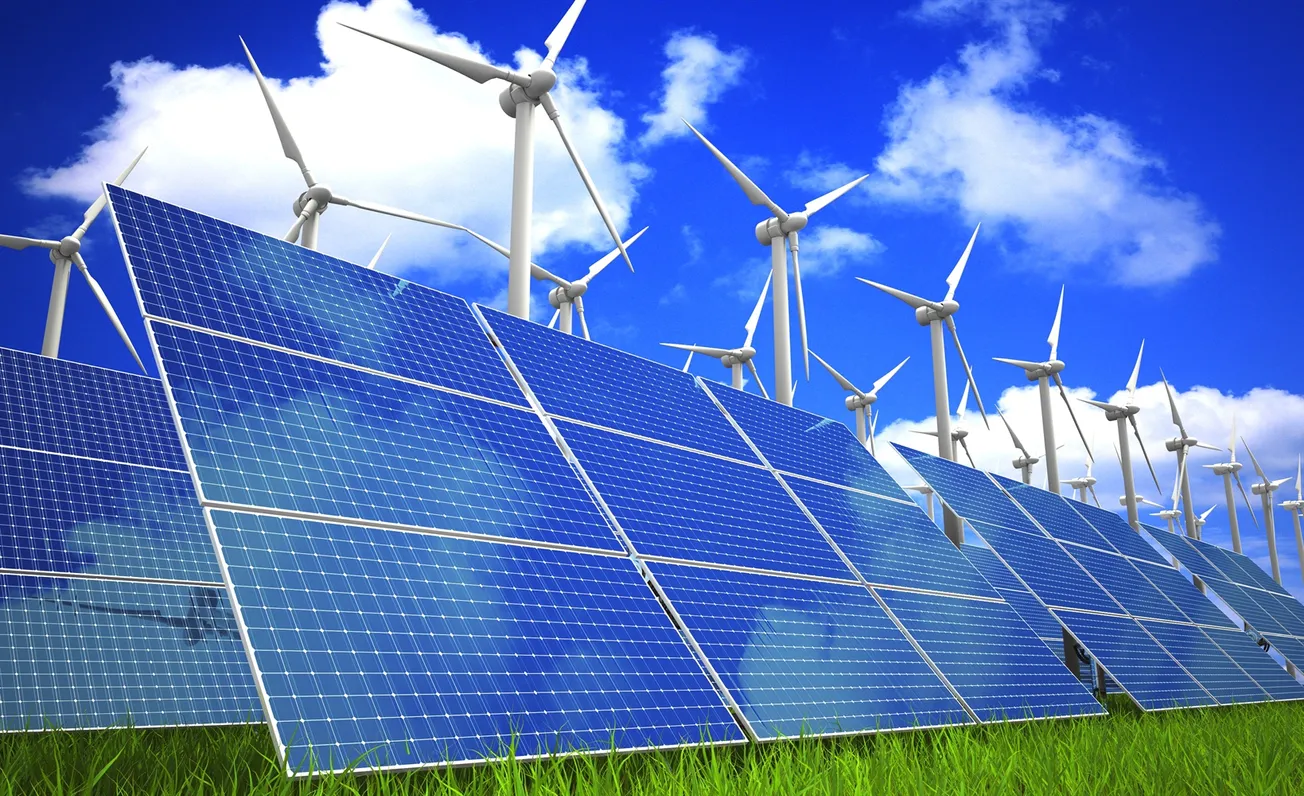Table of Contents
Last week I reaffirmed that National is committed to net zero by 2050 and announced that we will reverse the offshore oil and gas exploration ban should we be successful at the next election.
I also announced that we would not pursue a 100 per cent renewable electricity target, nor would a National Government build a pumped hydro scheme at Lake Onslow.
The oil and gas exploration ban has had far reaching effects for New Zealand. We were considered a low sovereign risk nation in which to invest: the ban changed that significantly.
Raising capital to invest in anything in New Zealand now comes with the risk that the government could change the rules overnight, without consultation and due process.
This has implications well outside of the oil and gas sector and we will all pay the price for this virtue signalling exercise. The oil and gas sector requires continual investment to maintain supply: stopping exploration means supply will reduce, putting our nation at risk.
Unlike Europe, we are on our own. We cannot import electricity or gas to fill a shortfall. There is no power cable or gas pipeline linking us with Australia. We cannot import Liquified Natural Gas (LNG) as we do not have an import facility to re-gasify LNG.
It is a sad irony that we are burning three times more imported Indonesian coal to keep the lights on under this Labour Government, and the only way to address that is to replace coal with gas.
Whilst we are rich in renewable generation, we are quite vulnerable without thermal generation to back up our system. Our electricity demand peaks are on cold winter mornings and evenings when the wind isn’t blowing and the sun isn’t shining. We had one of those cold winter evenings on 9 August last year when 34,000 households lost electricity due to a blackout.
Solar and wind will of course play an important role in our electricity sector, but as the 9 August event shows, we need to have thermal back up or these sort of events will become more common.
The 100 per cent renewable generation by 2030 target is just not practical; it would be ruinously expensive and put the stability of our electricity system at risk. The technology to facilitate 100 per cent renewable generation will come at some point, but it isn’t here yet and it would be incredibly irresponsible to pursue the 2030 target before we have the technology in place.
The government’s proposed pumped hydro scheme at Lake Onslow has had a chilling effect on investment in the electricity sector. If someone in the private sector wants to build Onslow, then all power to them – but the government with an open cheque book that compromises investment incentives across the sector shouldn’t cloud the market.
The energy trilemma of affordability, reliability and environmental sustainability requires a practical, balanced approach. Energy policy should not be driven by platitudes, as the government’s policies outlined above have been.
As one commentator put it, “In the war between platitudes and physics, physics is undefeated.”









